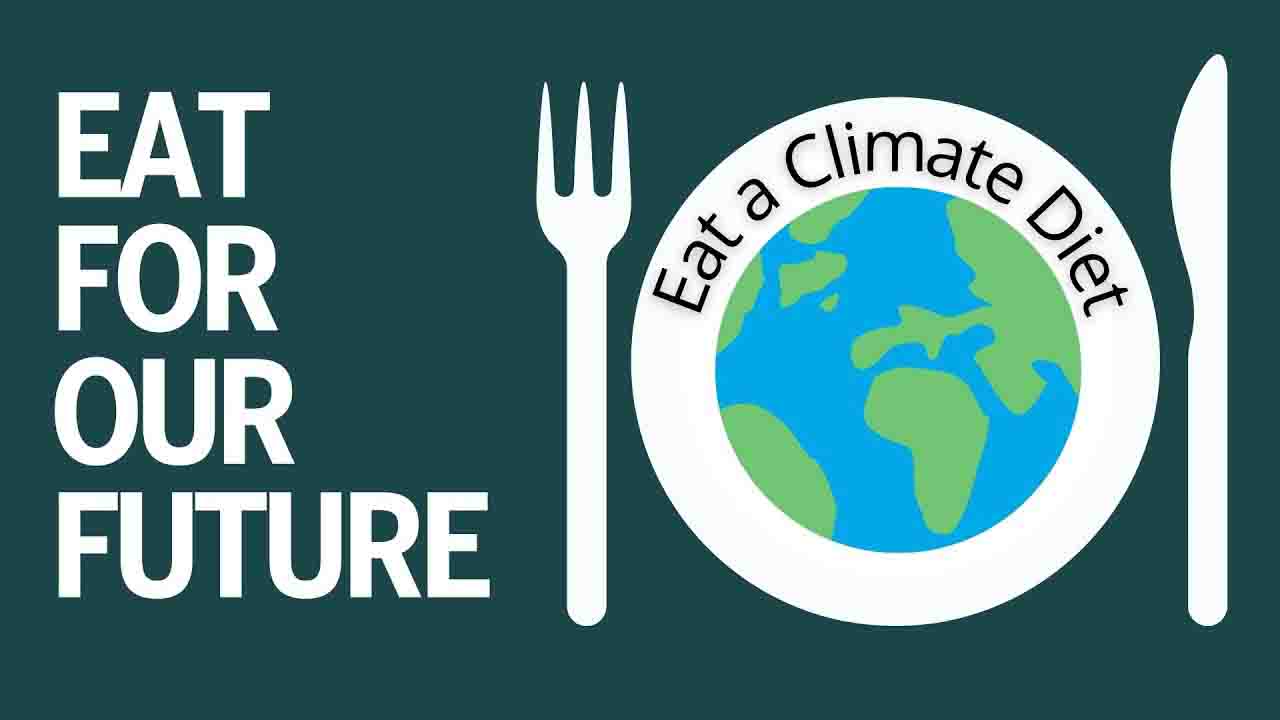Sustainable eating choices have gained considerable attention in recent years due to their potential to make a significant positive impact on the environment. As the global population continues to grow and the demands on our planet’s resources increase, adopting sustainable eating practices is essential for the health of both the planet and its inhabitants.
One of the primary ways in which sustainable eating can save the planet is through reduced greenhouse gas emissions. The livestock industry is a major contributor to greenhouse gas emissions, primarily in the form of methane and carbon dioxide. By choosing plant-based foods and reducing meat consumption, individuals can significantly reduce their carbon footprint. Plant-based diets require fewer resources and generate fewer emissions, making them a more environmentally friendly choice.
Furthermore, sustainable eating choices can help conserve vital resources such as water and land. Animal agriculture is a water-intensive industry, and the production of meat and dairy products requires substantial amounts of freshwater. By shifting towards plant-based diets, we can reduce the pressure on water resources, contributing to their conservation. Additionally, the vast tracts of land needed for livestock farming can be repurposed for reforestation and habitat restoration, helping to protect biodiversity and sequester carbon.
Sustainable eating choices also promote the responsible use of pesticides and fertilizers. Conventional agriculture often relies heavily on synthetic chemicals that can harm ecosystems and water quality. Sustainable farming practices, such as organic agriculture and regenerative farming, prioritize environmentally friendly methods that reduce the use of harmful chemicals, benefiting both the environment and human health.
The consumption of local and seasonal produce is another key aspect of sustainable eating. When we buy locally grown food, we support local farmers and reduce the carbon footprint associated with transporting food over long distances. Additionally, choosing seasonal foods reduces the need for energy-intensive storage and transportation methods, ultimately lowering greenhouse gas emissions.
Reducing food waste is an integral part of sustainable eating. According to the Food and Agriculture Organization of the United Nations, approximately one-third of all food produced for human consumption is wasted. Food waste not only squanders resources but also generates harmful greenhouse gas emissions in landfills. By practicing mindful consumption and reducing food waste, individuals can play a significant role in conserving resources and minimizing the environmental impact of food production.
Incorporating sustainable seafood choices is another critical aspect of environmentally responsible eating. Overfishing and unsustainable fishing practices have depleted fish stocks and damaged marine ecosystems. By choosing seafood that is sourced sustainably and responsibly, we can help protect marine biodiversity and ensure the long-term viability of our oceans.
In conclusion, sustainable eating choices have the potential to save the planet by reducing greenhouse gas emissions, conserving resources, promoting responsible farming practices, supporting local communities, and minimizing food waste. As individuals, our dietary choices can collectively have a substantial impact on the health of our planet. By making informed and sustainable food choices, we can contribute to a more environmentally sustainable and resilient future for generations to come.








